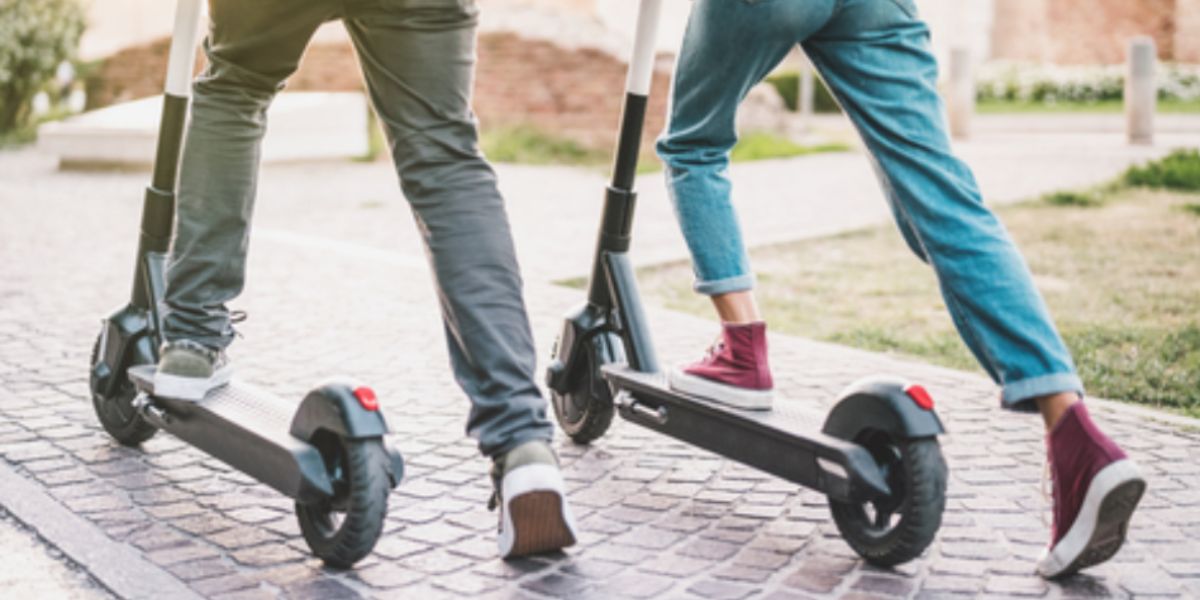Clearer and consistent rules are needed for e-scooters and bikes, but councils do not want the burden of enforcement or building infrastructure for their safe use, an inquiry has been told.
Other states have zipped into the future, but NSW has taken a more pedestrian approach to e-mobility and shared-transport schemes.
Enabling safe, electrified transport options is the focus of the parliamentary inquiry that began public hearings on Tuesday, following trials of shared-vehicle schemes in councils around the state.
Licensing, including age limits, and registration for the devices have been floated as potential improvements.
It comes after a proposed overhaul of rules for e-scooters, which are widely available to purchase but illegal to operate in public spaces – a restriction largely ignored.
MidCoast Council transport leader Richard Wheatley said the need for rules on private use emerged during its participation in a shared-scheme trial, and the state government needs to provide consistency.
“People see the hire scooters and assume you’re allowed to use private scooters,” he told the inquiry.
E-scooters, with some restrictions, are legal to ride publicly in Queensland, Victoria, Tasmania, WA and the ACT.
Brisbane was an early adopter of shared e-mobility schemes, but the city has one council while Sydney has dozens across its metropolitan area.
Motor vehicles remain the major safety risk, City of Sydney access and transport executive manager Sebastian Smyth told the inquiry, and separated paths would increase active transport uptake if the state supported more construction.
“But we can’t build them everywhere and that is why we’re pushing for speed reduction … if the state government allows us,” he said.
Premier Chris Minns has indicated the state could try to prevent Sydney’s “over the top” council plan to lower some speed limits to 30km/h.
“You could walk quicker than that,” he said in July, adding the council had “broader obligations” as a major international city.
The council’s plan was supported by Committee for Sydney mobility policy manager Harri Bancroft, who backed reducing default speed limits from 50km/h to 30km/h.
“That makes people feel a lot safer to be cycling on the road,” she told the inquiry.
Transport Minister Jo Haylen on Monday announced plans to legalise e-scooter use on roads and shared pathways.
The draft plan would leave some regulatory powers with councils to set pathway speed limits and restrict their use in certain areas.
Councils had “limited consultation” about it, representatives told the inquiry.
Opposition Leader Mark Speakman told reporters e-mobility devices are not going anywhere but need properly informed policies.
“You can’t turn back the tide on new technology, but there needs to be appropriate regulation, and the government should be awaiting the outcome of that inquiry before jumping the gun,” he said.
Representatives from shared mobility operators told the inquiry they had participated in consultations with Transport for NSW, and would contribute to funding parking infrastructure to address concerns about devices obstructing pedestrians.
Something going on in your part of the region you think people should know about? Send us a news tip or email newsdesk@netimes.com.au.


